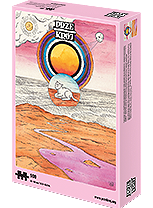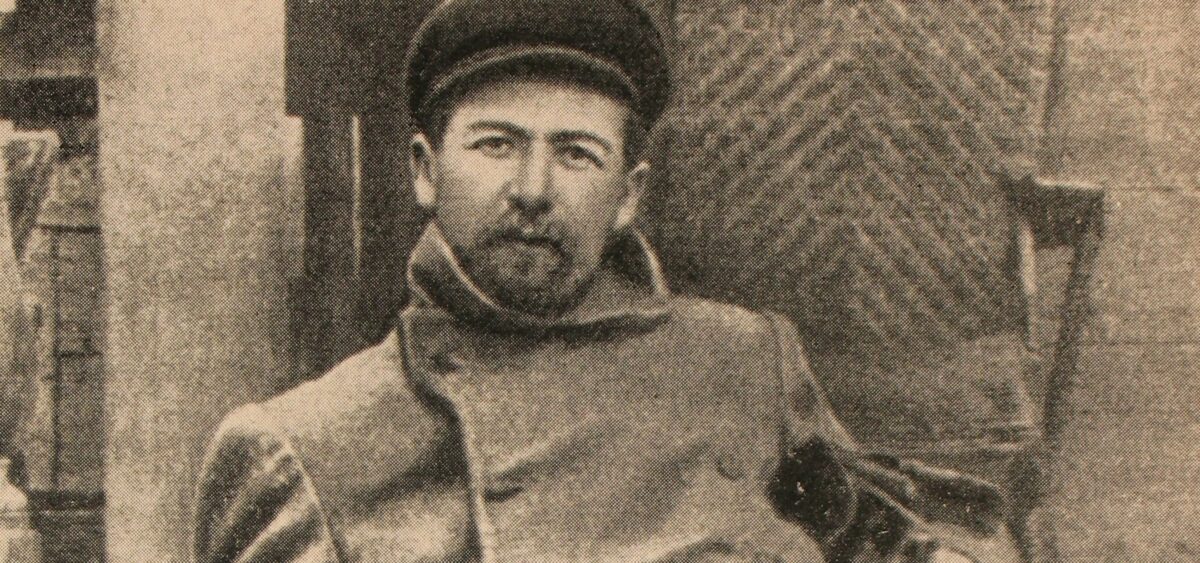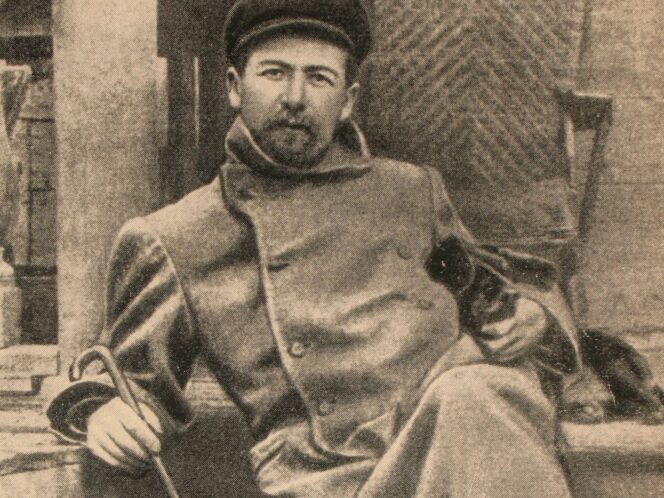
He was a rebel in the absolute sense. He believed that in order to save humanity, we need to oust death from the world. Therefore, not only must the living be saved, but also the dead need to be resurrected. His extraordinary vision fascinated the writers of his time: Dostoevsky, Solovyov, Tolstoy.
“Mortals of the world, of all countries, tribes, nations, occupations, titles, estates, faiths, beliefs, opinions – unite!”
(From the introduction to “Common Task”, Odessa, 1914; a collection of writings on Fyodorov)
He ate little. His staple diet consisted of dry bread and tea. He also slept little, believing that sleep is the brother of death. As far as we know, he refrained from sex. He worked in the reading room of Moscow’s Rumyantsev Museum, the biggest library in Russia at the time. He showed up before the library opened, and left long before it was closed. He brought readers not only the books they ordered, but also others that they might find interesting. It was easy for him to find the additional material, as he allegedly knew the entire catalogue by heart. He gave his salary away, leaving only a small sum to cover his modest needs. He slept on a bare wooden chest, covering himself with his coat. He actually had no personal belongings. Because of his worn out clothes, he was often taken for a homeless person.
His name was Nikolai Fyodorov (1829–1903)








